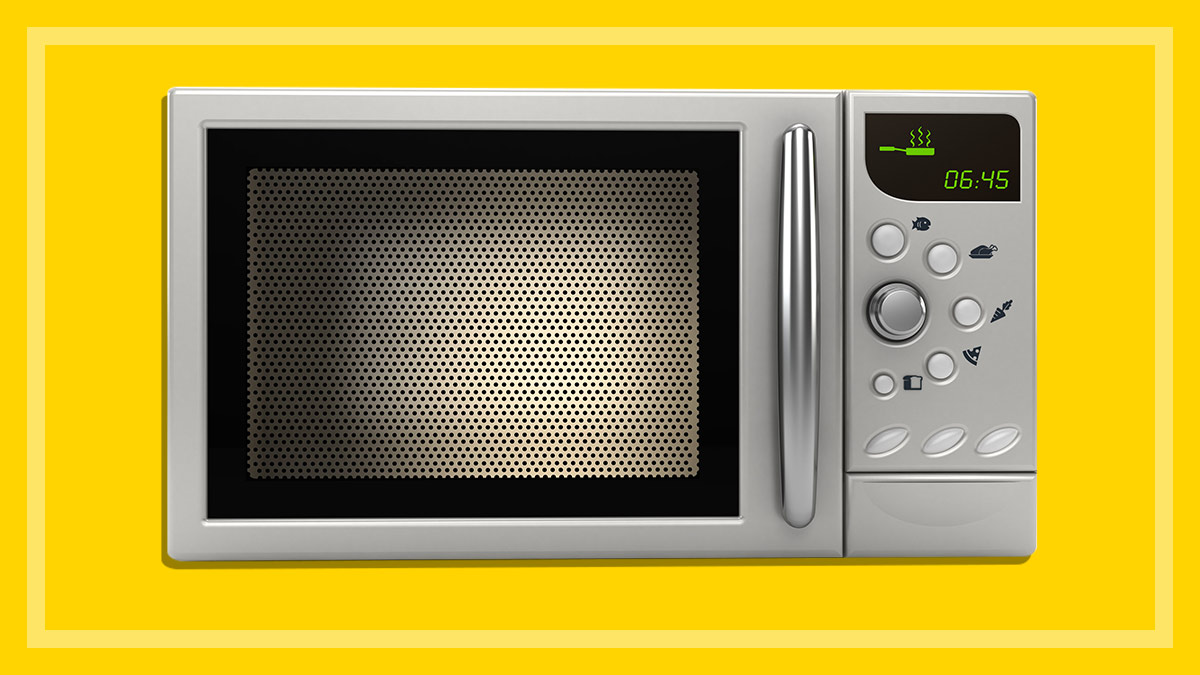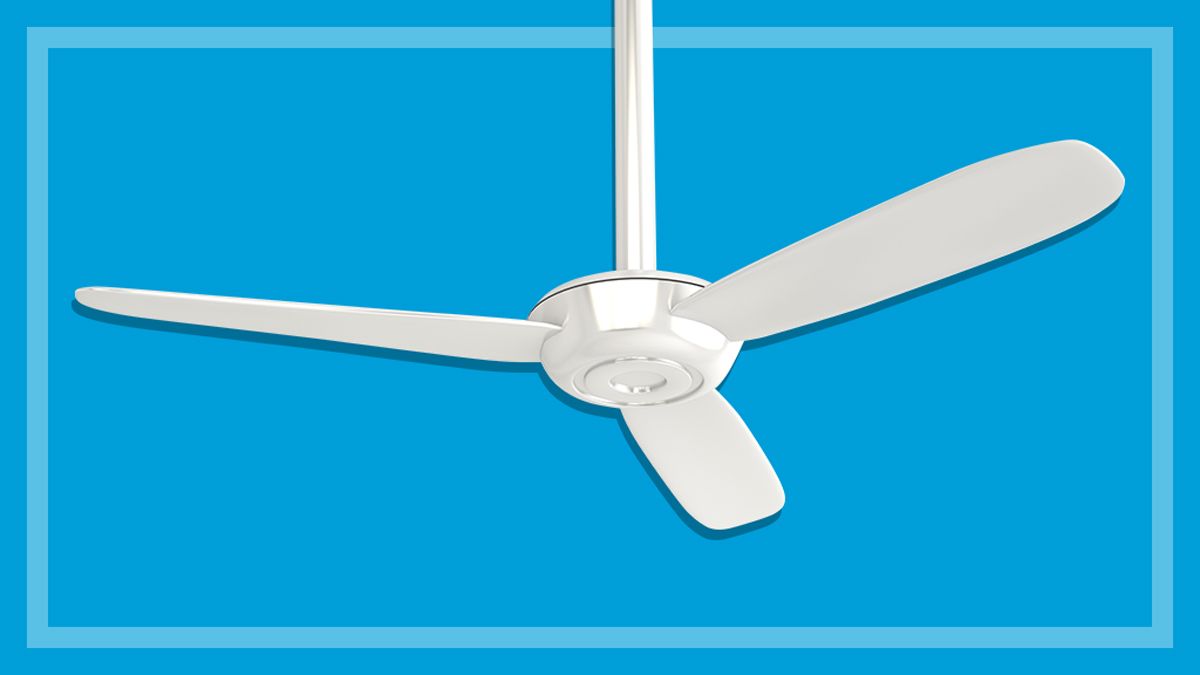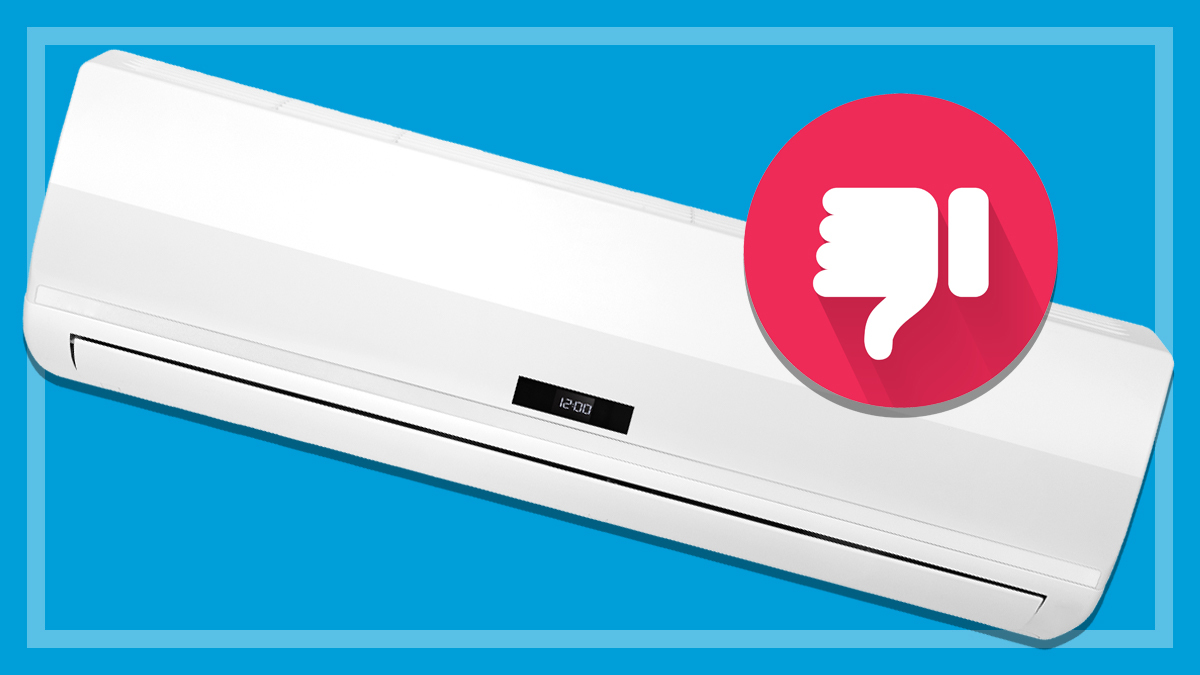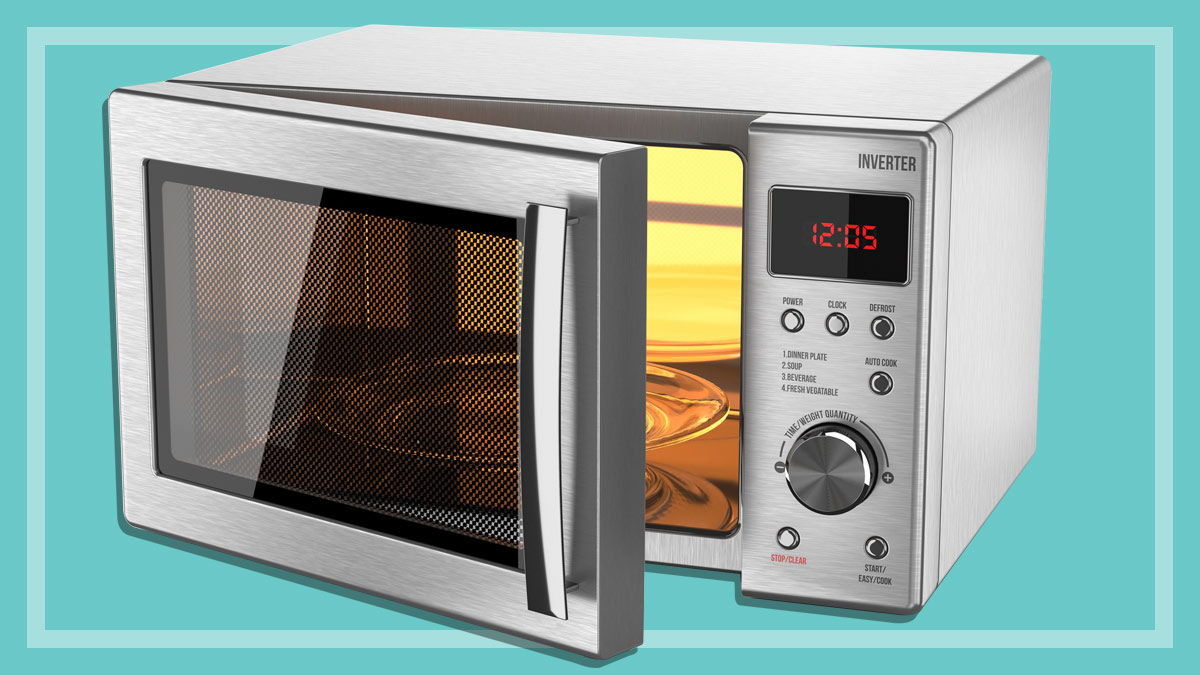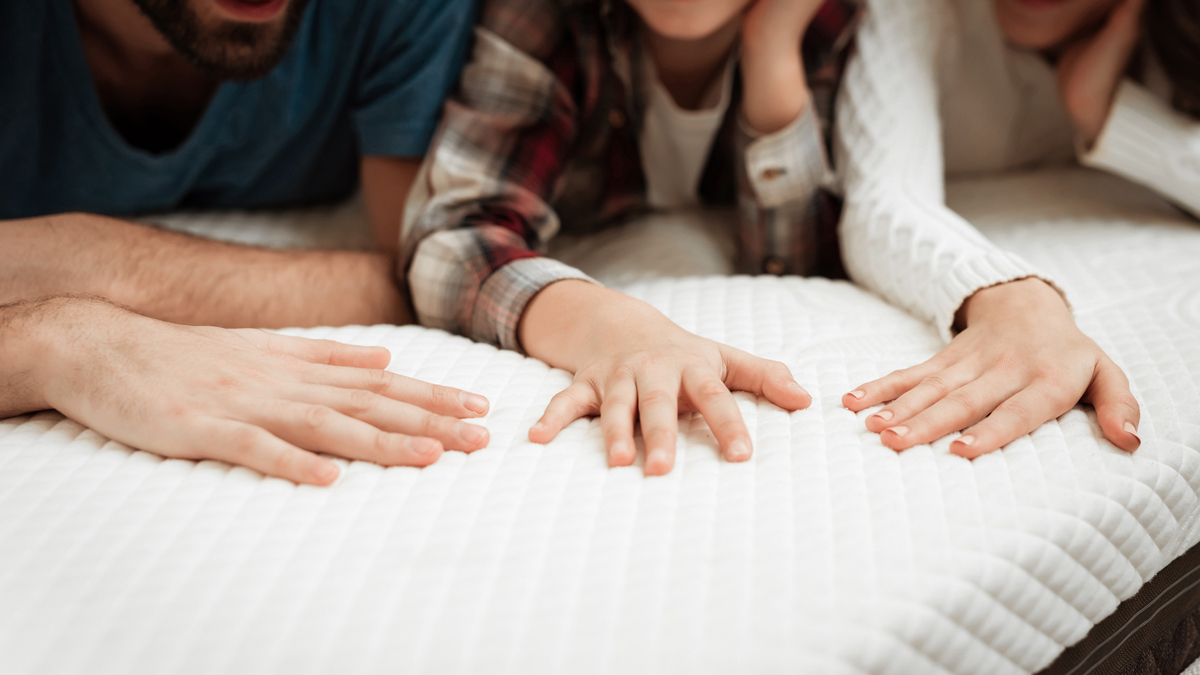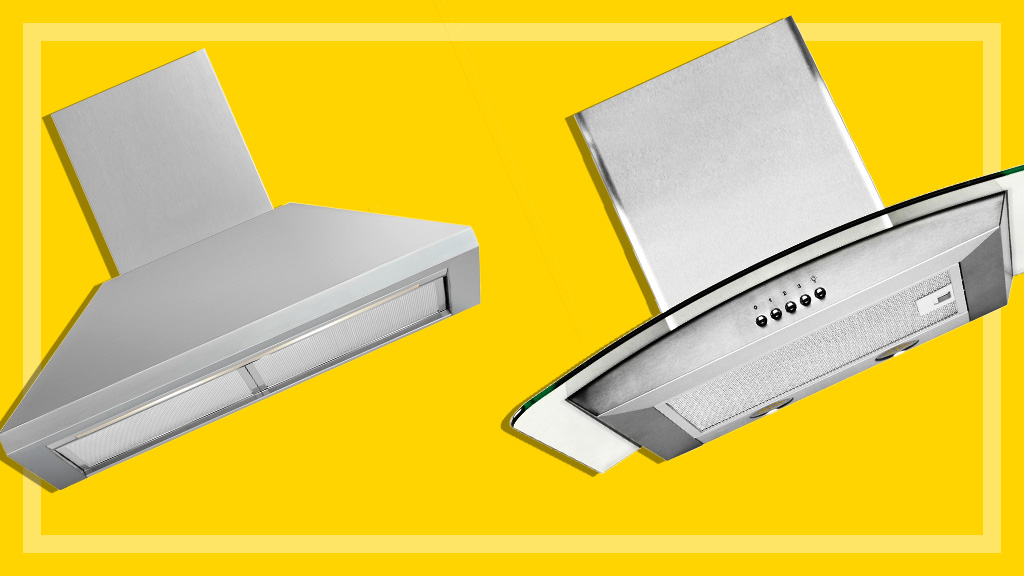Get our independent lab tests, expert reviews and honest advice.
Things you shouldn’t put in a microwave oven
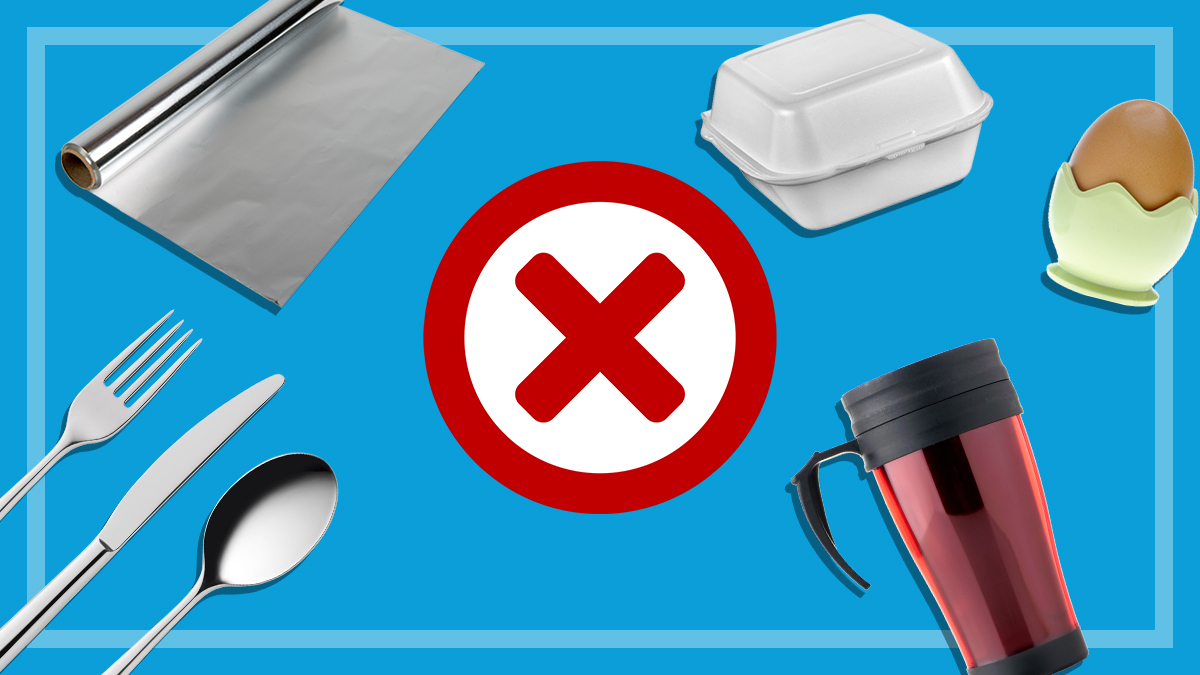
The humble microwave is the ultimate in convenient cooking, handy for a wide range of kitchen tasks, not least reheating last night’s leftovers.
But there are a few things you really should never put in a microwave – some you may already know about; others you may not be aware of.
To avoid any microwave mishaps, don’t put these items in when you’re nuking your food.
1. Nothing
If you’re absent-minded and forget to put something in your microwave before you turn it on, it can cause damage. (And not just to your ego when you realise what you’ve done.)
According to CHOICE kitchen expert Fiona Mair, you should never run your microwave with nothing in it.
“The microwaves will have no food or liquid to be absorbed into, so can bounce back into the magnetron and damage the microwave,” she says.
2. Foil, metal and metallic glazes
Sparks flying in the kitchen aren’t always a bad thing – if you’re cooking with your new crush, for example – but other kinds of sparks are bad news.
You might already know that foil shouldn’t go in the microwave because it can cause sparks and potentially even fires. (And if you didn’t know, now you do.)
But you might not be aware that dishes with metallic glazes and parts are also no-nos, as are any metal utensils. A slow burn is great in a new romance, but burning inside your microwave will really put a downer on your date.
Small pieces of aluminium foil are usually OK (for protecting the wings and legs while defrosting a whole chicken, for instance) but just make sure there’s less foil than food, and that the foil isn’t touching the microwave walls.
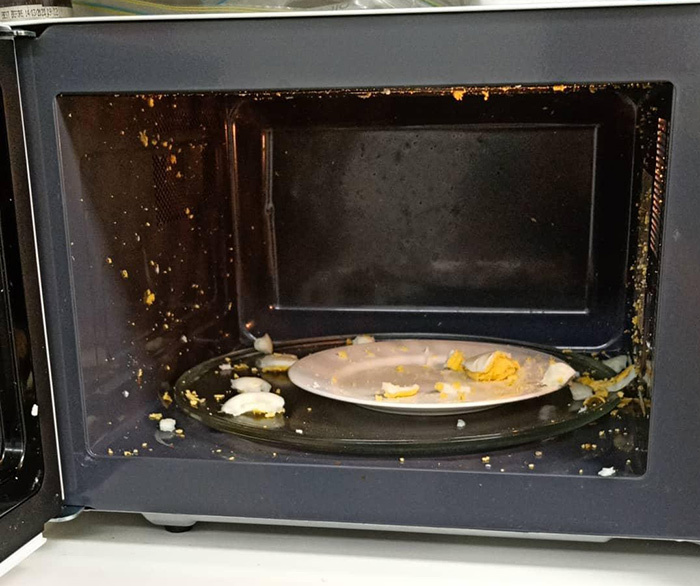
3. Whole eggs
Ever experimented in the kitchen to see what would happen? Some experiments yield brilliant results, but others just end in mess.
Take our advice: don’t try to microwave a whole egg, either raw or cooked.
One CHOICE staffer learned this the hard way – see the photo to appreciate the full horror.
It’s perfectly fine to scramble or poach an egg in the microwave, but never try cooking a whole egg in its shell. It’ll heat up rapidly and the resulting steam and pressure won’t be able to escape, which will probably cause a messy egg-splosion.
4. Paper bags, plastic packaging and Styrofoam
Placing paper or cardboard packaging in the microwave is a big no-no, as it can easily catch alight and cause a fire.
(Although paper towel is OK to use for preventing splatters and lining plates when cooking things such as bacon, says CHOICE kitchen expert Fiona Mair.)
To be extra cautious, make sure any plastic wrap doesn’t come into contact with your food when microwaving
You should also be wary of heating anything in plastic packaging or Styrofoam takeaway containers in the microwave. This is because the rapid heating can cause chemicals to leach out through the materials into your food.
Also, take care when using cling film and plastic wrap – most we’ve tested are microwave-safe, but some aren’t. To be extra cautious, make sure any plastic wrap doesn’t come into contact with your food when microwaving.
5. Hot water or your cup of tea
Take care if boiling water or reheating your cold cup of tea in the microwave. Depending on the type of vessel you’re using, the water can heat up beyond boiling point.
Not only can this scald you when you take a sip, but the way the liquid is heated can also cause it to splatter.
If you do need to heat water, check the instruction manual first and don’t heat too much or for too long.
On the go? Keep in mind that some reusable coffee cups and travel mugs can contain stainless steel elements which, as you now know, aren’t safe to go in the microwave.
6. Breastmilk or formula
Because a microwave can heat liquids unevenly, you shouldn’t use the microwave to warm breastmilk or baby formula.
Even if you test it, there may be hot spots in the liquid that can easily burn your baby’s mouth.
7. Foods with a high water content
Any foods that have a skin and a relatively high water content, such as potatoes, tomatoes and citrus fruits, should only be placed whole in the microwave if you have pierced the skin a few times.
This will let the steam easily escape when the food is heated to stop it building pressure and exploding, either in the microwave itself or when you bite or cut into it.
8. Anything not labelled ‘microwave-safe’
This may seem obvious, but ‘microwave safe’ labels are there for a reason: not every glass or ceramic vessel is safe to use in the microwave.
Double-check to see that your containers are specifically labelled as being microwave safe before you put them in. If they’re not, they can become dangerously hot when heated and may even crack or melt.

